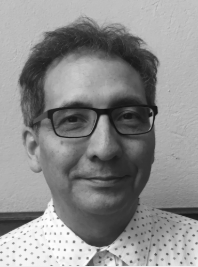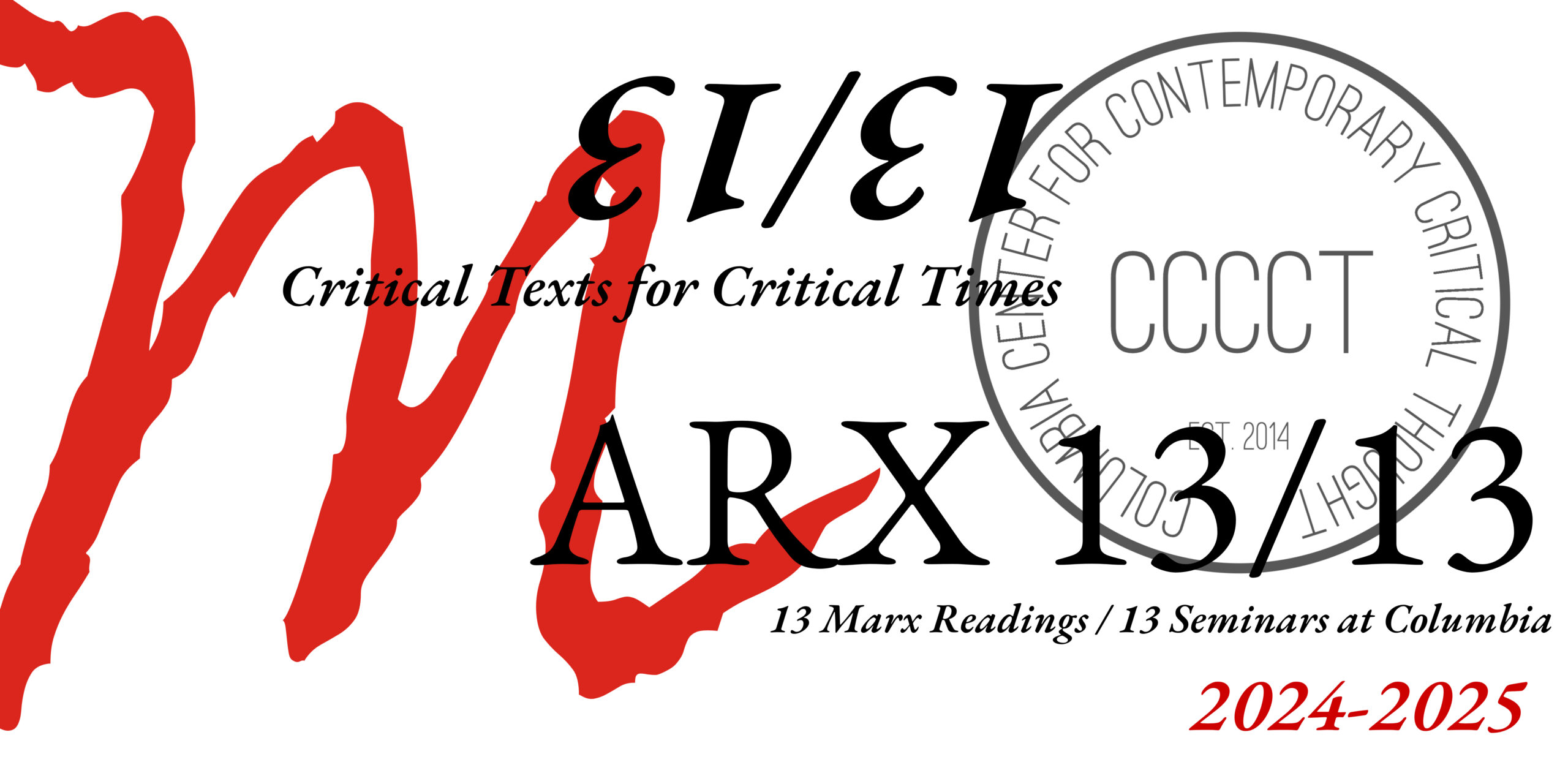 Eduardo Cadava is Philip Mayhew Professor of English, and an Associate Member of the Department of Comparative Literature, the Department of Spanish and Portuguese, the School of Architecture, the Seeger Center for Hellenic Studies, and the Princeton Institute for International and Regional Studies. He also serves on the Executive Committees of the Program in Media and Modernity, the Program in European Cultural Studies, the Program in Latin American Studies, and the Program in Jazz Studies.
Eduardo Cadava is Philip Mayhew Professor of English, and an Associate Member of the Department of Comparative Literature, the Department of Spanish and Portuguese, the School of Architecture, the Seeger Center for Hellenic Studies, and the Princeton Institute for International and Regional Studies. He also serves on the Executive Committees of the Program in Media and Modernity, the Program in European Cultural Studies, the Program in Latin American Studies, and the Program in Jazz Studies.
He specializes in American literature and culture, comparative literature, media technologies, literary and political theory, theory of translation, and issues of citizenship and human rights. He has written extensively on literature, philosophy, photography, architecture, music, democracy, war, memory and forgetting, race and slavery, human rights and citizenship, and the ethics of decision.
He is the author of (Princeton UP), (Stanford UP), and, with Fazal Sheikh, of (Steidl). His two most recent books are , published by MIT Press in 2021 and the recipient of the College Art Association’s 2023 Frank Jewett Mather Award for art criticism, and Politically Red, co-authored with Sara Nadal-Melsió, to be published by MIT Press in the fall of 2023. He also has co-edited (Routledge), (The Slought Foundation and the Rosenbach Museum), a special issue of the South Atlantic Quarterly entitled And Justice for All?: The Claims of Human Rights (Duke UP), and (Princeton University Art Museum and Yale UP).
He is presently working on a small book on the relation between music and techniques of reproduction, memorization, and writing entitled Music on Bones, a monograph on Fazal Sheikh’s The Erasure Trilogy, and a collaboration with the Catalonian photographer Joan Fontcuberta on the forensic photographic work of the French police photographer Alphonse Bertillon. He is also co-directing, with Eyal Weizman, a multiyear project on the relation between political conflict and climate change entitled Conflict Shorelines that includes field work in Amazonia, the Negev desert, and the Arctic, and collaborating with Fazal Sheikh on a project entitled Exposure that seeks to document the ruination of the Utah landscape by uranium mining and oil and gas drilling and the consequences of this ruination on native communities.
